


i know little, but i promise: there's a slow, slow death, if you want it
short talk on walking backwards, anne carson //
My mother forbade us to walk backwards. That is how the dead walk, she would say. Where did she get this idea? Perhaps from a bad translation. The dead, after all, do not walk backwards but they do walk behind us. They have no lungs and cannot call out but would love for us to turn around. They are victims of love, many of them.
Image in Provence, B.S. Johnson //
Her face suddenly, on this mountain road:
(cypresses guttering like black candleflames
there in the valley, still hawk over high
eroded limestone left, right lavender
clumps close-shorn to purple-stubbled naevi):
that face suddenly, the shape exactly,
the lost eyes spanning a cleft in the cloud
smiling in the first way I remember:
the known against this visited landscape.
I had ceased to think of her as having
this face, any face: she was an idea,
an area of pain, a wound, a death.
The hawk of the past stooped, ripped at my mind,
left me with an equivocal freedom.
Short Talk on Ovid, Anne Carson //
I see him there on a night like this but cool, the moon blowing through black streets. He sups and walks back to his room…He sits down at the table; people in exile write so many letters. Now Ovid is weeping. Each night about this time he puts on sadness like a garment and goes on writing. In his spare time he is teaching himself the local language (Getic) in order to compose in it an epic poem no one will ever read.
7 11 1969, B.S JOHNSON //
On this seventh of November it is
a little curiously the fifty-
second proud anniversary of the
October Revolution, and in my
hired Moss Bros overcoat I walk the cold
splayed streets of Budapest (bright with neon
celebrating Shell and Coca-Cola)
noting too many similarities,
failing to feel farther abroad than France.
It is perhaps useless to speculate
on what Lenin would have thought of all this,
especially the ads, and in any
case I do not know his work well enough:
but it most certainly pisses
me off.
Short Talk On Rain, anne carson //
It was blacker than olives the night I left. As I ran past the palaces, oddly joyful, it began
to rain. What a notion it is, after all — these small shapes! I would get lost counting
them. Who first thought of it? How did he describe it to the others? Out on the sea it is
raining too. It beats on no one.
Distance Piece, B.S johnson //
I may reach a point
—one reaches a point
where all I might have to say
—where all that one has to say
would be that life is bloody awful
—is that the human condition is intolerable
but that I would not end it
—but one resolves to go on
despite everything
—despite everything
short talk on defloration //
The actions of life are not so many. To go in, to go, to go in secret, to cross the Bridge of Sighs. And when you dishonored me, I saw that dishonor is an action. It happened in Venice; it causes the vocal cords to swell. I went booming through Venice, under and over the bridges, but you were gone. Later that day I telephoned your brother. What’s wrong with your voice? he said.
THREE, anne carson //
Three silent women at the kitchen table.
My mother’s kitchen is dark and small but out the window
there is the moor, paralyzed with ice.
It extends as far as the eye can see
over flat miles to a solid unlit white sky.
Mother and I are chewing lettuce carefully.
The kitchen wall clock emits a ragged low buzz that jumps
once a minute over the twelve.
I have Emily p. 216 propped open on the sugarbowl
but am covertly watching my mother.
A thousand questions hit my eyes from the inside.
My mother is studying her lettuce.
I turn to p. 217.
“In my flight through the kitchen I knocked over Hareton
who was hanging a litter of puppies
from a chairback in the doorway. . . .”
It is as if we have all been lowered into an atmosphere of glass.
Now and then a remark trails through the glass.
Taxes on the back lot. Not a good melon,
too early for melons.
Hairdresser in town found God, closes shop every Tuesday.
Mice in the teatowel drawer again.
Little pellets. Chew off
the corners of the napkins, if they knew
what paper napkins cost nowadays.
Rain tonight.
Rain tomorrow.
That volcano in the Philippines at it again. What’s her name
Anderson died no not Shirley
the opera singer. Negress.
Cancer.
Not eating your garnish, you don’t like pimento?
Out the window I can see dead leaves ticking over the flatland
and dregs of snow scarred by pine filth.
At the middle of the moor
where the ground goes down into a depression,
the ice has begun to unclench.
Black open water comes
curdling up like anger. My mother speaks suddenly.
That psychotherapy’s not doing you much good is it?
You aren’t getting over him.
My mother has a way of summing things up.
She never liked Law much
but she liked the idea of me having a man and getting on with life.
Well he’s a taker and you’re a giver I hope it works out,
was all she said after she met him.
Give and take were just words to me
at the time. I had not been in love before.
It was like a wheel rolling downhill.
But early this morning while mother slept
and I was downstairs reading the part in [i]Wuthering Heights[/i]
where Heathcliff clings at the lattice in the storm sobbing
Come in! Come in! to the ghost of his heart’s darling,
I fell on my knees on the rug and sobbed too.
She knows how to hang puppies,
that Emily.
It isn’t like taking an aspirin you know, I answer feebly.
Dr. Haw says grief is a long process.
She frowns. What does it accomplish
all that raking up the past?
Oh—I spread my hands—
I prevail! I look her in the eye.
She grins. Yes you do.
the other, R.S thomas //
There are nights that are so still
that I can hear the small owl calling
far off and a fox barking
miles away. It is then that I lie
in the lean hours awake listening
to the swell born somewhere in the Atlantic
rising and falling, rising and falling
wave on wave on the long shore
by the village that is without light
and companionless. And the thought comes
of that other being who is awake, too,
letting our prayers break on him,
not like this for a few hours,
but for days, years, for eternity.
short talk on hedonism, anne carson //
Beauty makes me hopeless. I don’t care why anymore I just want to get away. When I look at the city of Paris I long to wrap my legs around it. When I watch you dancing there is a heartless immensity like a sailor in a dead-calm sea. Desires as round as peaches bloom in me all night, I no longer gather what falls.














i know little, but i promise: there's a slow, slow death, if you want it
SCREENSHOTS OF DESPAIR
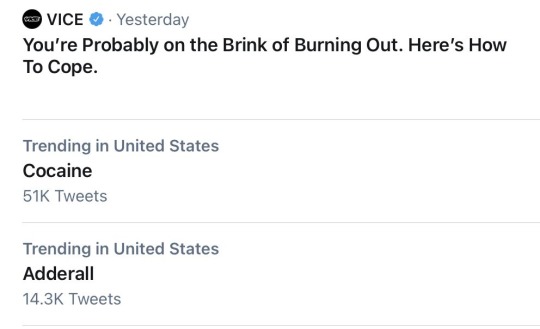








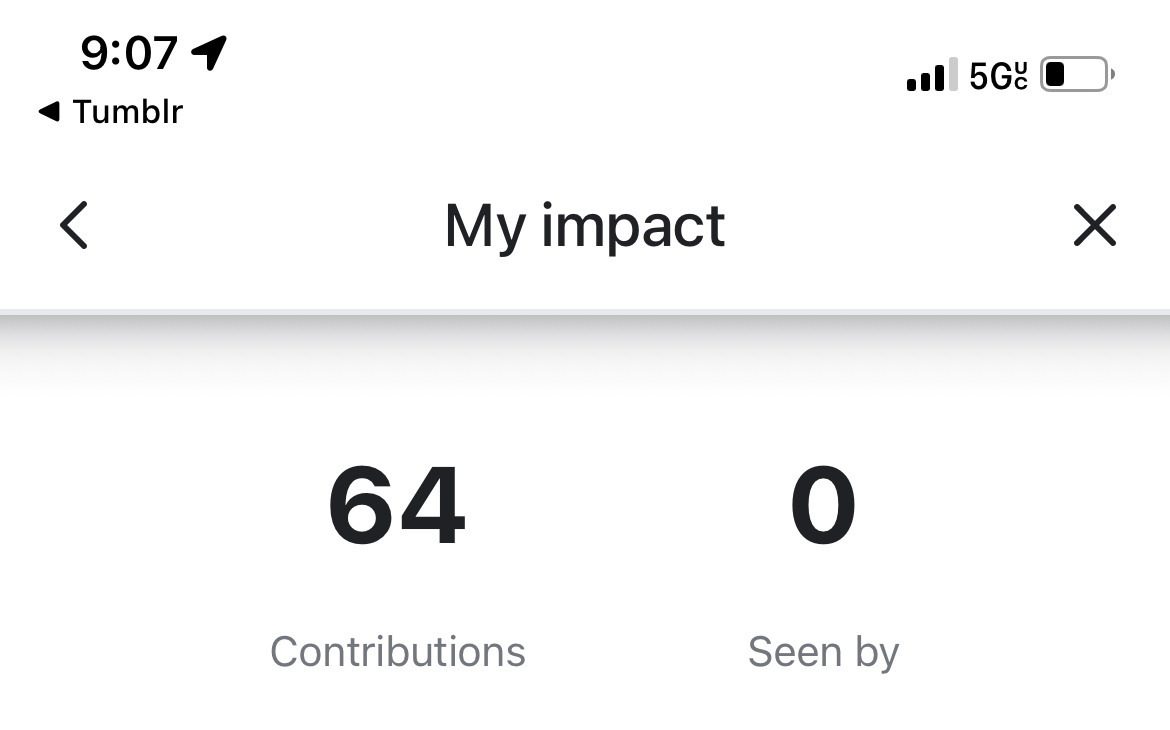









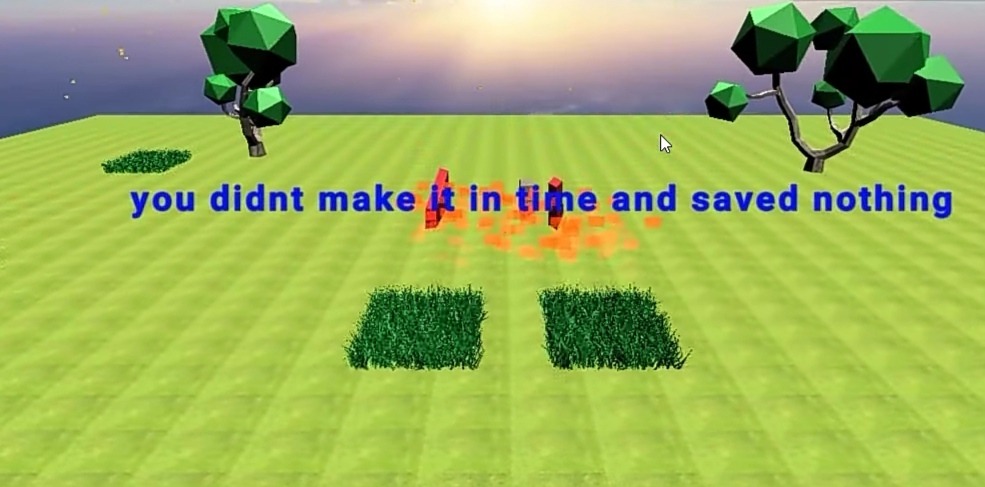
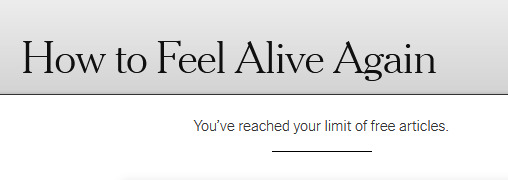

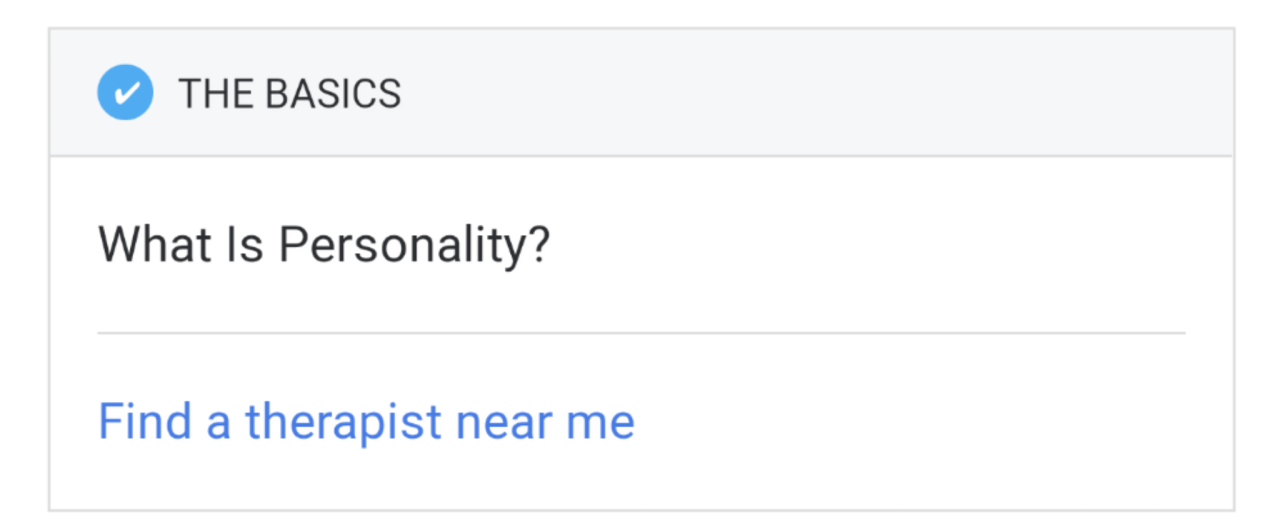
i know little, but i promise: there's a slow, slow death, if you want it
- → 1
- jean was partnered with harry du bois in the RCM for years. they were both very codependent on each other and while they were very fond of each other and worked very well as both partners and people, they were both very mentally unwell with terrible coping mechanisms and were prone to bouts of cruelty towards each other. as harry got worse, jean became more like his handler (and biggest enabler) and spent a lot of his time making sure he didn't harm himself and others while trying to maintain a handle on his own problems. they weren't in love romantically, but they were far more than platonic, and harry's amnesia has made jean even more bitterly obsessive about him in a way that will be brought up frequently and affect potential relationships.
- → 2
- jean has been wrapped up in addiction for most of his life, in some way or another. he typically finds it extremely difficult to get through a day without something in his system.
- → 3
- Jean has treatment-resistant clinical depression. This can result in thoughts or attempts at self harm or suicide. He keeps the gritty details to himself, but it plays a large role in how he approaches life. Casual references to suicide, along with extreme negative thoughts about himself, may be present in internal monologues. outside of depression, ptsd is probably the most prevalent, but he also expresses obsessive-compulsive tendencies and experiences violent intrusive thoughts about himself or others.
- → 4
- jean grew up in a queerphobic environment where homophobia was open and frequent. he worked with police who were rarely sympathetic towards lgbt people and treated being gay as a joke or something to sneer at. he's very, very repressed and while he's not homohpobic himself, he's also not a vocal ally for the most part. he's been poisoned by his environment and has never had a safe way of navigating sexuality, so he's very prickly about it. he can sometimes get mean about it as a knee-jerk reaction. jean himself is transgender in my portrayal.
- → 5
- Jean was a high ranking police officer by way of sharing a rank with harry. Here, he's not tethered to any particular institute, but he was with the police. He's a lot more progressive than his fellow cops, but he still stood by them as they did wrong, and, in Harry's case, actively defended and covered up instances of police brutality and wrongdoing to save the skin of his friend. He spent years pulling strings and sweeping things under rugs for an objectively bad cop, and his higher rank allowed him to do it much easier. Jean isn't what you'd call a good cop at all, except that he did his job well when he needed to. this will be mentioned from time to time.
[/dohtml]
 I started to diarise the coming of flies When gloom is descending So when it's back 'round again I know it's a false start and not an ending Some days I struggle to move In elephant shoes unwilling commuter Anxiety in my chest heart under duress Taps out of sharpshooter Preoccupied now for days by nostalgia waves I hated the first time A gambler's fallacy: the more I repeat I won't be the punchline
I started to diarise the coming of flies When gloom is descending So when it's back 'round again I know it's a false start and not an ending Some days I struggle to move In elephant shoes unwilling commuter Anxiety in my chest heart under duress Taps out of sharpshooter Preoccupied now for days by nostalgia waves I hated the first time A gambler's fallacy: the more I repeat I won't be the punchline






































